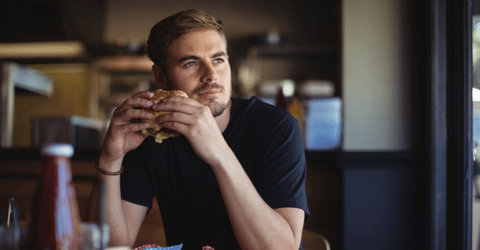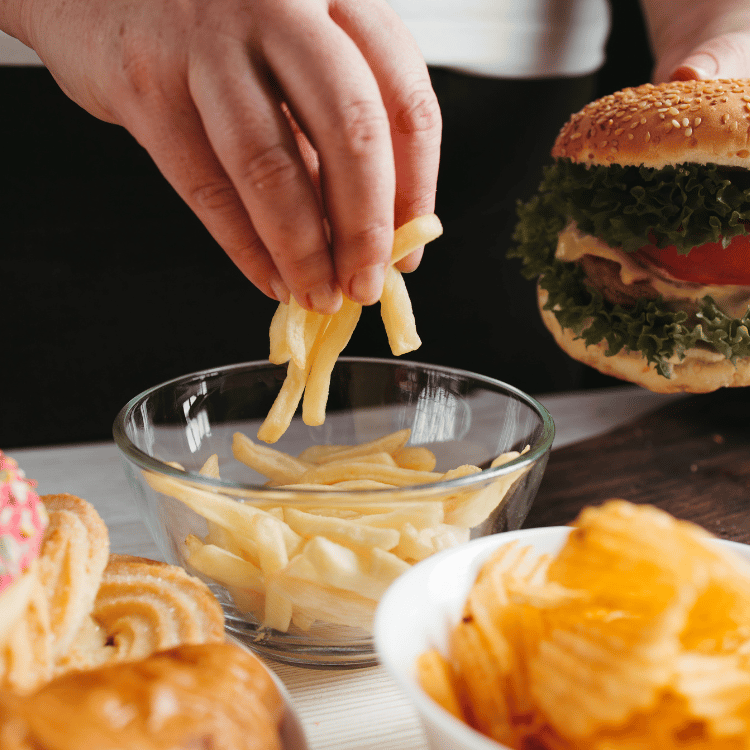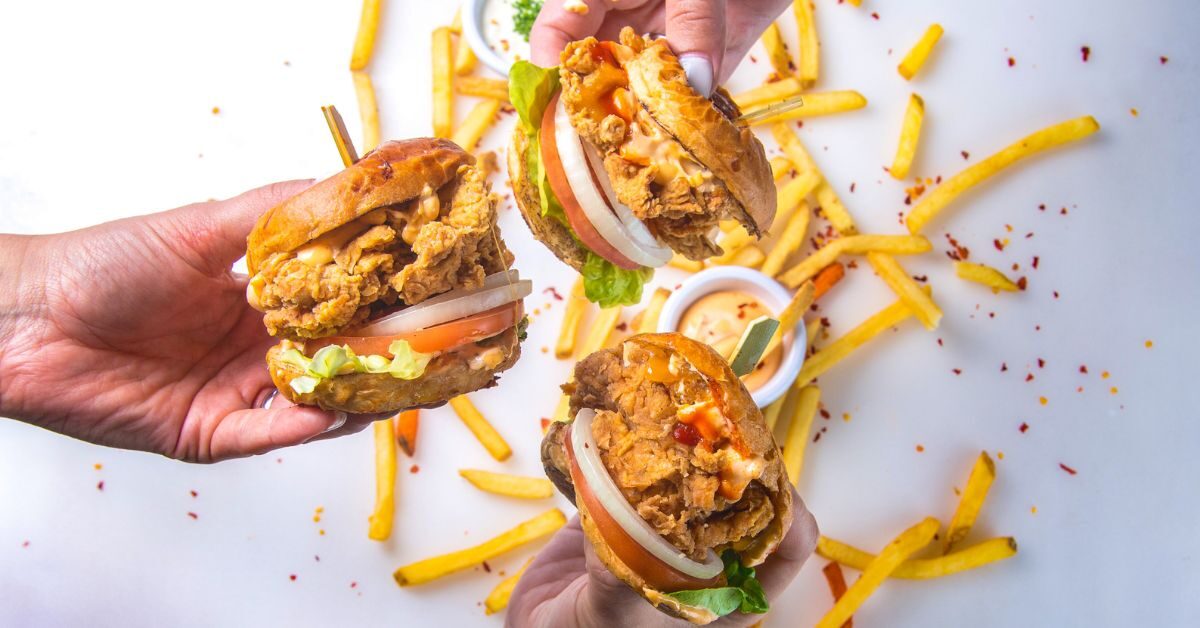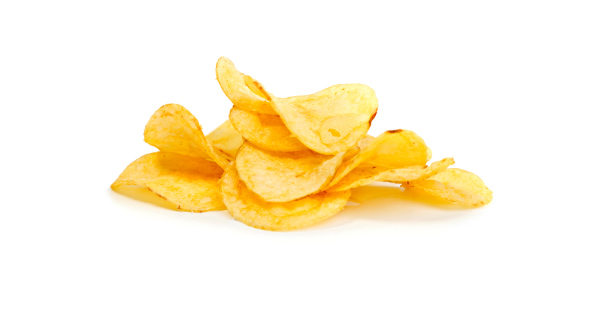

The subject of food addiction is gaining popularity in scientific literature and support groups everywhere. I have been told by a few people that I am probably addicted to food; others say there is no such thing. Where is the line that separates normal eating from food addiction? Aren’t we all addicted to it to some extent, and don’t we need food to live? I have asked myself these questions many times, and I have tried to answer them with help from professionals and in my own social circles.
While the scientific community debates whether food addiction can or should be classified as a mental disorder[1], my question is maybe more fundamental: Does it matter what you call my food issues?
Eating disorders (a broader category than food addiction) are already classified in the scientific literature. And the approach taken for treating eating disorders would not necessarily change positively by the addition of the “addiction” label.
One advantage to a formal classification of food addiction might be that food manufacturers could be required to label hyper-palatable ingredients. Such labeling would help inform the public that these foods may lead to some form of disordered eating. It could also help to shift the burden of making changes from the individual—as someone who makes poor personal choices—to society more broadly. In other words, by requiring the labeling of dangerous, hyper-palatable foods, we might begin to see the problem as an environmental issue needing policy changes.[2]

My concern with creating a formal classification for food addiction is that it will turn people like me into victims, no longer responsible for their behavior. It will also allow “Big Pharma” to market drugs to “cure” this newly labeled disease in the same way that they market drugs for so many other diseases. These drugs would likely do nothing more than address symptoms, not underlying causes, because that is the pharmaceutical model.
Whatever name you give an eating disorder, the treatments for eating disorders with 12-Step Programs or cognitive behavioral therapy (CBT) have proven effective in decreasing the probability of a person relapsing into unwanted behavior. I have had CBT and it has proven effective in helping to change my way of thinking about binge eating and compulsive eating. I have had these problems since I was eight years old. That’s when my pediatrician put me on my first diet, telling me to eat only 800 calories a day to lose weight. It was a starvation diet, and it led to me becoming a secretive binge eater, a problem I have lived with for more than 50 years. I have lost and gained weight many times since then, and I still occasionally have the urge to binge. However, though I have engaged in what might be called addictive behavior, I don’t believe I am an addict. In the end, I will let science be the judge.
Hyper-palatable foods are processed foods high in sugar, salt, and fat. Some believe that these lead to addiction. My experience with these foods is more complicated. I have eaten them on occasion without necessarily engaging in binge eating, and without suffering through withdrawal symptoms after I stopped eating them. Also, I believe we need to think of unhealthy eating beyond these specific foods. I have lost 100 pounds over the past year by working with a weight loss coach who has helped me address my issues with food and helped me change my relationship with eating. I have focused on adopting habits that improve my relationship with eating. I have also developed a great network of support in CNS Kitchen and my personal relationships. This support helps me stay grounded and accountable. Gradually, these habits are helping me become the healthy, active person I want to be.
While the scientific establishment continues to hone its definitions for eating disorders, the rest of us need to deal with our demons. If you struggle like I have with making healthy food choices, if you are a binge or compulsive eater, or if you feel that you might have a food addiction, the most important thing you can do is ask for help. Hiding behind closed doors only fuels disordered eating. Letting others know you are struggling and developing a plan of action to change your circumstances is key to achieving healthy eating habits. CNS Kitchen has been great for me and those who have joined and actively participated in the community. We offer cooking classes, wellness challenges, and weekly check-ins where we engage in provocative conversations about our struggles and triumphs. Most importantly, we support each other on our journeys.
References
- Can Food be Addictive? Public Health and Policy Implications. Ashley N. Gearhardt, Carlos M. Grilo, Ralph J. DiLeone, Kelly D. Brownell, and Marc N. Potenza
- A Critical Examination of the Practical Implications Derived from the Food Addiction Concept by Adrian Meule)
Copyright 2025 Center for Nutrition Studies. All rights reserved.
Deepen Your Knowledge With Our
Plant-Based Nutrition
Certificate
Plant-Based Nutrition Certificate
- 23,000+ students
- 100% online, learn at your own pace
- No prerequisites
- Continuing education credits



